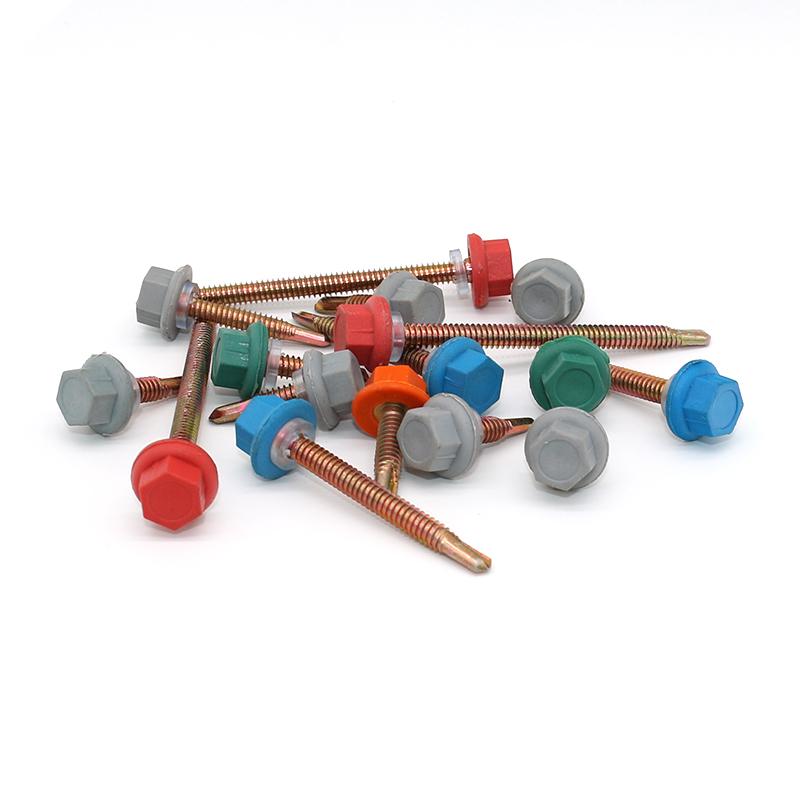Wholesale Drywall Screw Quality Control and Inspection Procedures for Optimal Performance
Wholesale Drywall Screw Inspection Ensuring Quality and Reliability
In the construction industry, quality materials are paramount to the success of any project, and this is especially true for drywall installation. Drywall screws play a crucial role in ensuring the stability and durability of drywall systems. Therefore, conducting thorough inspections of wholesale drywall screws is essential for both manufacturers and contractors alike. This article delves into the importance of drywall screw inspections, the common defects to look for, and best practices for ensuring quality.
Importance of Inspections
The inspection of drywall screws, particularly at the wholesale level, serves several critical purposes. Firstly, it helps maintain quality control. By examining screws before they reach the construction site, suppliers and manufacturers can prevent defective products from being used, which could lead to structural failures and costly repairs. Secondly, inspections ensure compliance with industry standards and specifications. Many regions have regulatory bodies that set requirements for fasteners used in construction, and inspections help verify adherence to these guidelines.
Moreover, ensuring the integrity of drywall screws is vital for safety. Poor-quality screws can fail under stress, leading not only to project delays but also to potential safety hazards. Therefore, investing time and resources in the inspection process is a proactive measure that addresses both quality and safety concerns.
Common Defects in Drywall Screws
When inspecting drywall screws, there are several common defects to be aware of
1. Rust and Corrosion Exposure to moisture can lead to rust, which compromises the screw's strength and adhesion capabilities. Inspectors should look for signs of corrosion, especially in screws intended for use in high-humidity areas.
2. Inconsistent Threading Proper threading is crucial for the effective grip of screws in drywall. Inspectors should examine the screws closely to ensure that threading is uniform and free of defects.
3. Head Integrity The head of the screw should be intact and free from cracks or deformities. A compromised head can lead to stripping during installation, making the screw unusable.
4. Length and Diameter Variations Specifications dictate precise measurements for drywall screws. Inspecting screws for correct length and diameter ensures they meet project requirements.
wholesale drywall screw inspection

5. Bending or Warping Screws should be straight and not bent or warped. Deformed screws can affect the alignment and installation process, leading to potential project complications.
Best Practices for Inspection
To conduct effective inspections of wholesale drywall screws, consider the following best practices
1. Use Proper Equipment Employ tools and equipment specifically designed for measuring length, diameter, and thread quality. Micrometers and calipers can provide accurate measurements.
2. Implement a Standardized Procedure Establish a consistent inspection protocol that defines the criteria for acceptable and unacceptable screws. This ensures uniformity across all inspections.
3. Training and Certification Invest in training for personnel responsible for inspections. Certified inspectors will be more capable of identifying defects and understanding industry standards.
4. Documentation Keep detailed records of inspections, including any defects found and corrective actions taken. This documentation can help track trends and inform future quality control measures.
5. Supplier Relationships Maintain open lines of communication with suppliers. Regular dialogue can facilitate improvements in manufacturing processes and address recurring quality issues.
Conclusion
In the backdrop of a thriving construction industry, the importance of wholesale drywall screw inspections cannot be overstated. Ensuring the quality and reliability of these essential components protects investments, enhances safety, and contributes to the overall success of construction projects. By adopting rigorous inspection practices, stakeholders can mitigate risks and build a stronger foundation for their projects.
-
Top Choices for Plasterboard FixingNewsDec.26,2024
-
The Versatility of Specialty WashersNewsDec.26,2024
-
Secure Your ProjectsNewsDec.26,2024
-
Essential Screws for Chipboard Flooring ProjectsNewsDec.26,2024
-
Choosing the Right Drywall ScrewsNewsDec.26,2024
-
Black Phosphate Screws for Superior PerformanceNewsDec.26,2024
-
The Versatile Choice of Nylon Flat Washers for Your NeedsNewsDec.18,2024










